Photography storytelling ideas and examples
Last Updated on 22/02/2025
This page contains AFFILIATE LINKS. If you choose to purchase after clicking a link, we may receive a commission at no extra cost to you. Plus, as an Amazon Associate, we earn from qualifying purchases. Read more on the disclosure policy page.
Find inspiring photography storytelling ideas and examples to transform photos into a short story that is worth telling and seeing. As viewers, we are naturally drawn to stories. Storytelling as a medium is one of the strong elements of a successful photograph and has incredible power. It goes beyond mere visual representation to a compelling narrative. By harnessing the power of composition, light, and perspective, photographers have the incredible ability to transport viewers into a different world. And, with a series of carefully composed images they succeed in evoking emotions, sparking curiosity, and leaving a lasting impact. So, a beautiful photo becomes unforgettable with an interesting plot behind it. Thus, the quote ‘one image equals a thousand words’ is only about photos that truly have a thousand words to say.

Advertisement
Photography storytelling ideas and examples
The “instant” nature of photography
Every work of fine art has a background of choices and decisions, events and incidents that occur before, or during its creation; thus, everyone is willing to pour light on this hidden process and learn more about the result. This is one way that helps us understand and interpret what we see. For photography, things are more complicated to define due to their “instant” nature. Although preparations, scheduling, and post-processing may last longer, most of the time the creation is completed in one second with a click. And, all the interest is not only about what happened in the scene before, during, or after the photograph but also about what was chosen to be shown or to be neglected inside the frame.
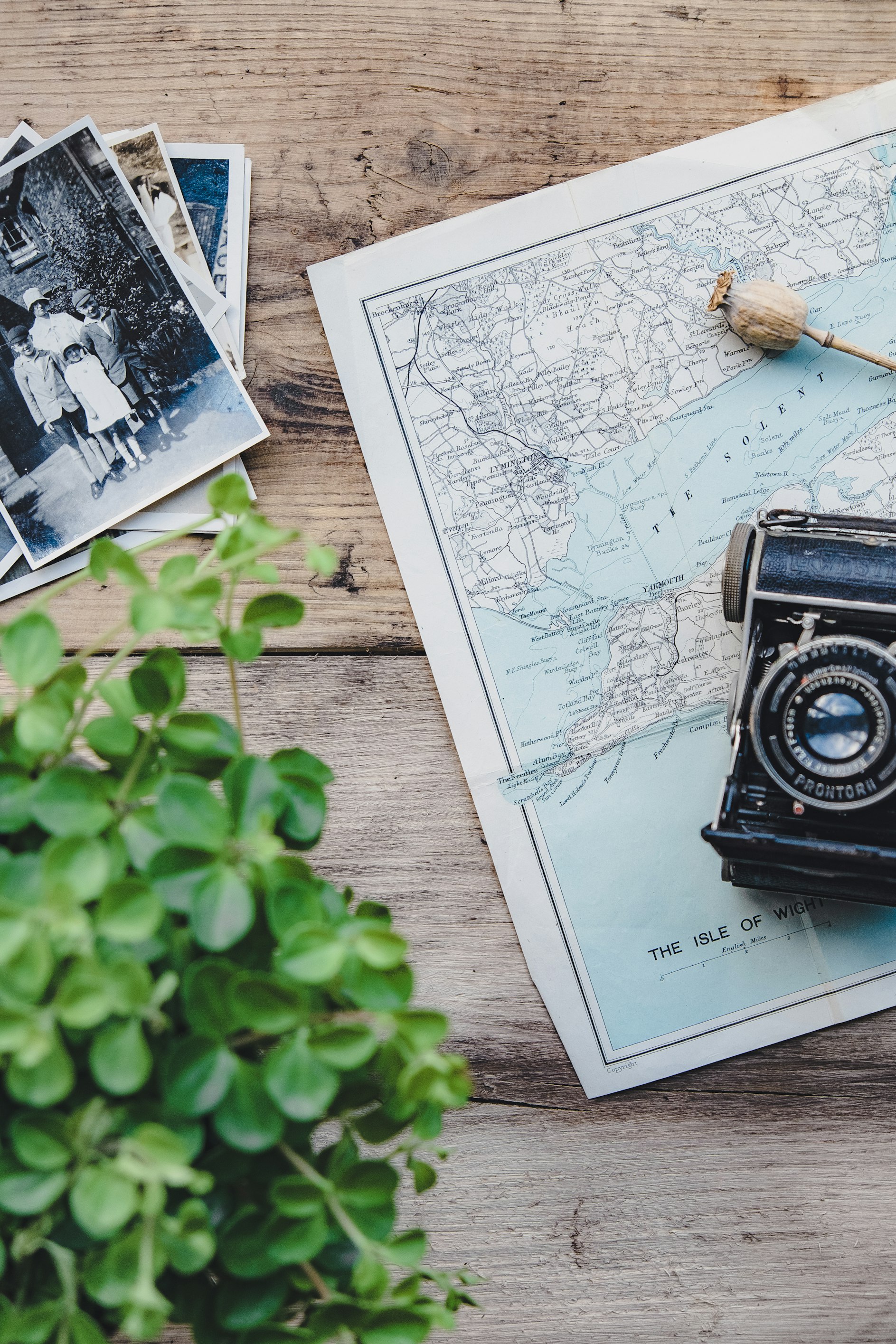
Due to the “instant” nature of photography in photography, storytelling becomes more complicated. We must go beyond just capturing a moment or scenery. So, we should define the essence of a subject or scene, or analyze the untold story that lies beneath the surface. So, photographers should often immerse themselves in their subjects’ lives, and observe, and understand emotions, struggles, and triumphs. This deeper understanding allows them to capture moments that reveal all the hidden details of the subject, creating a connection between the viewer and the image.
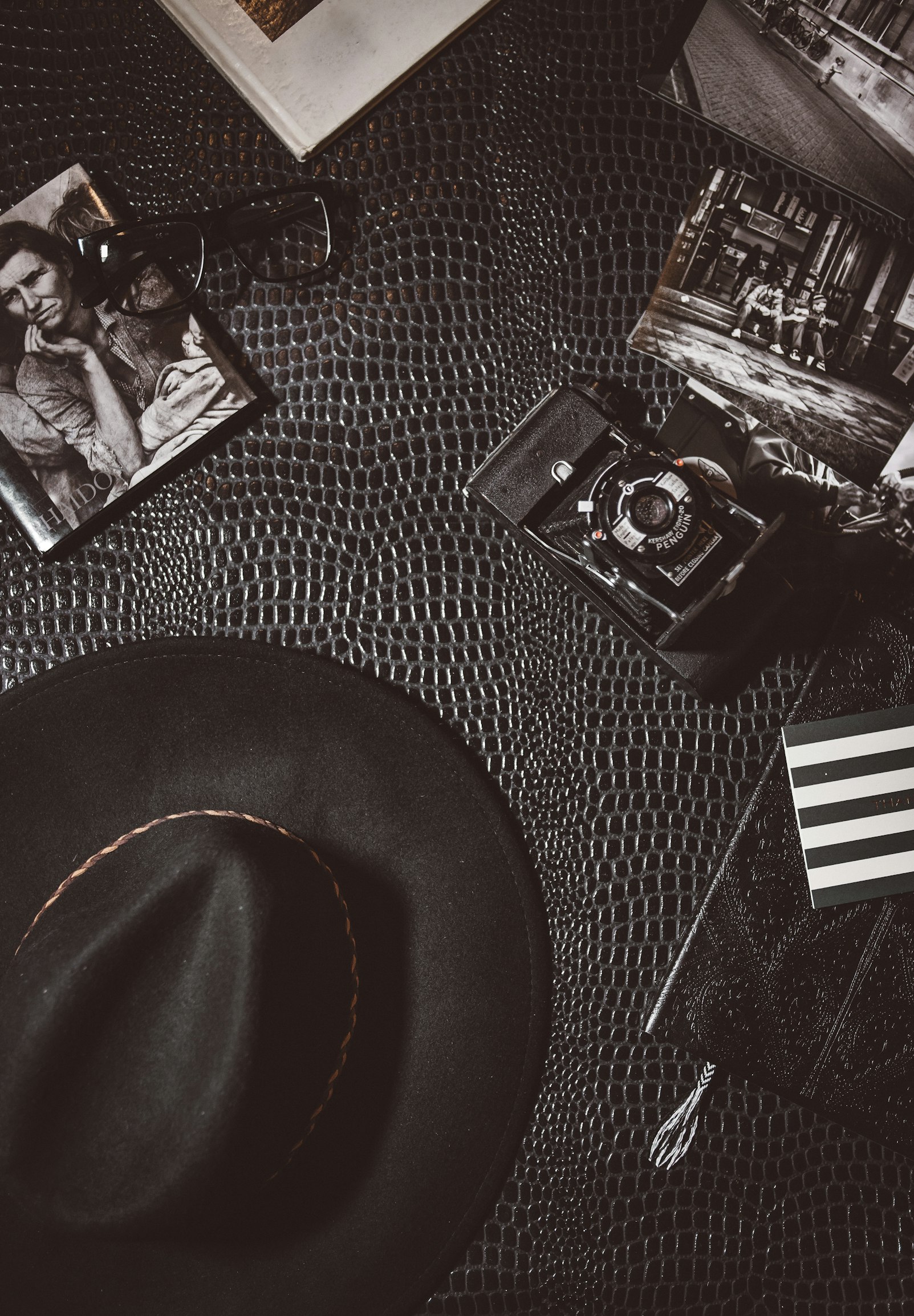
Comparing photography to the short story
Jane Rabb observed in her book introduction that photography has a capacity for both documentary reality and moral and psychological ambiguity. Her book, The Short Story and Photography, the 1880s-1980s: A Critical Anthology, has stories about photography from writers like Ionesco, Konan Doyle, Cortazar, and others. And, it’s thought-provoking about the impact of photography as a visual medium of narration.
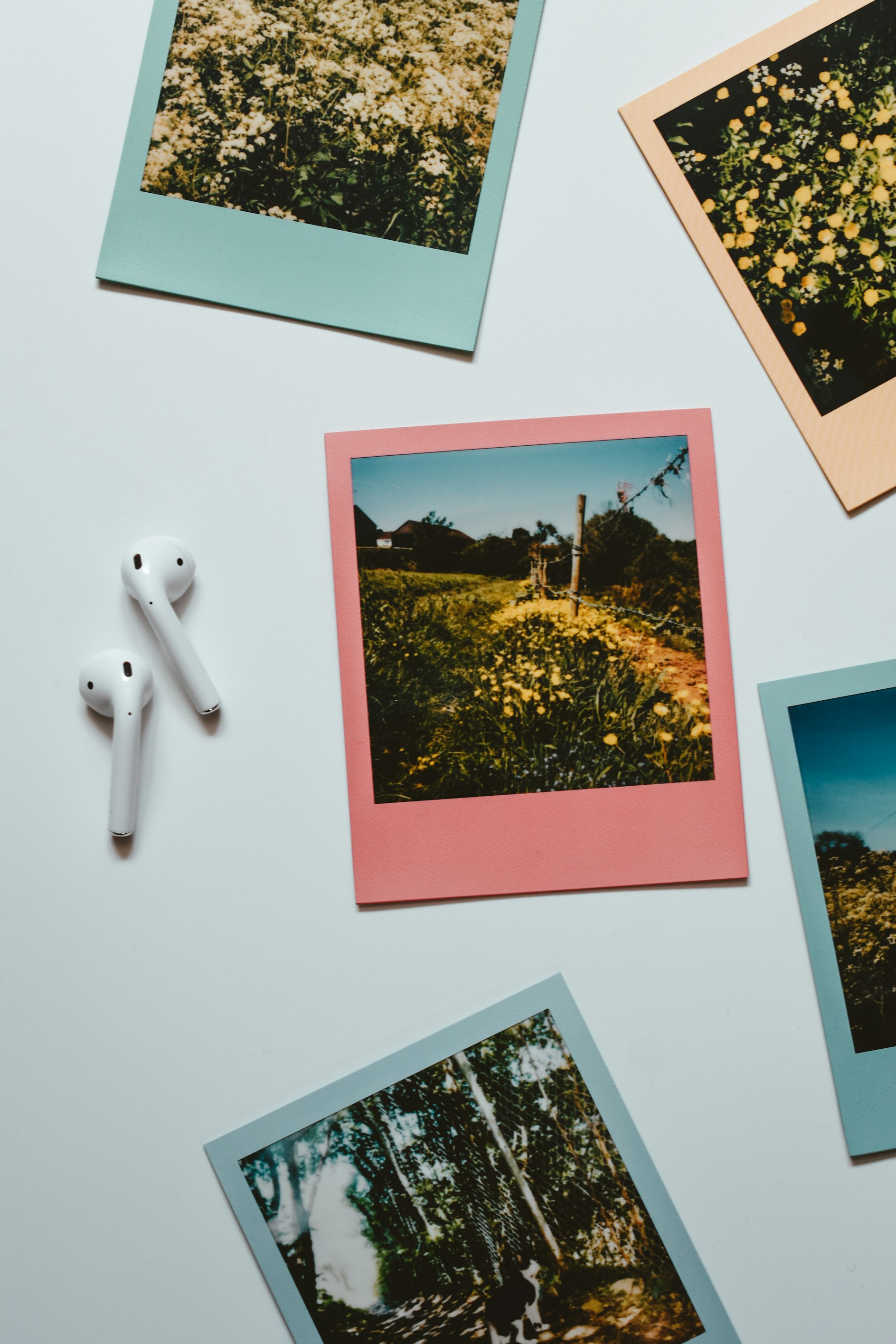
“Many writers compare photography to the short story as the extraction of a few simple truths ‘worth the trouble to stay and watch’, as Cortazar puts it. Like taking photographs, writing requires the ‘duty to be attentive … waiting for everything to happen,’ shaping actions within a clear frame. Taking photographs is an ‘activity in which one should start becoming adept very early…, teach it to children since it requires discipline, aesthetic education, a good eye … I’m not talking about waylaying the lie like any old reporter,’ observes Cortazar’s photographer, who feels compelled to give words to what led him to make his pictures. ‘I have written. One of us all has to write if this is going to get told.”
So, this is an inevitable question to be answered; Why this story and this unrepeatable scene was chosen to be captured eternally before it is gone forever in the unseen and unknown archives of the past? Or, the photograph just plays with its magic stick, adjusting the light and trapping the brief and the common.
Elements of storytelling in photography
Composition in Storytelling Photography
One of the fundamental elements of storytelling in photography is composition. Every element within the frame contributes to the narrative. The positioning of subjects, the use of lines, shapes, and colors, and the balance of light and shadow all play a role in shaping the story being told. By carefully arranging these elements, photographers have the power to guide the viewer’s eyes and direct their attention to specific details, leading them through the visual narrative.

Advertisement

The critical role of lighting
Lighting also plays a critical role in storytelling photography. Different lighting techniques can evoke various moods and emotions. Soft, diffused light may create a sense of serenity and tranquility, while harsh, dramatic light can convey tension and intensity. Photographers skillfully utilize lighting to enhance the narrative, emphasizing certain aspects of the scene and capturing the desired atmosphere.
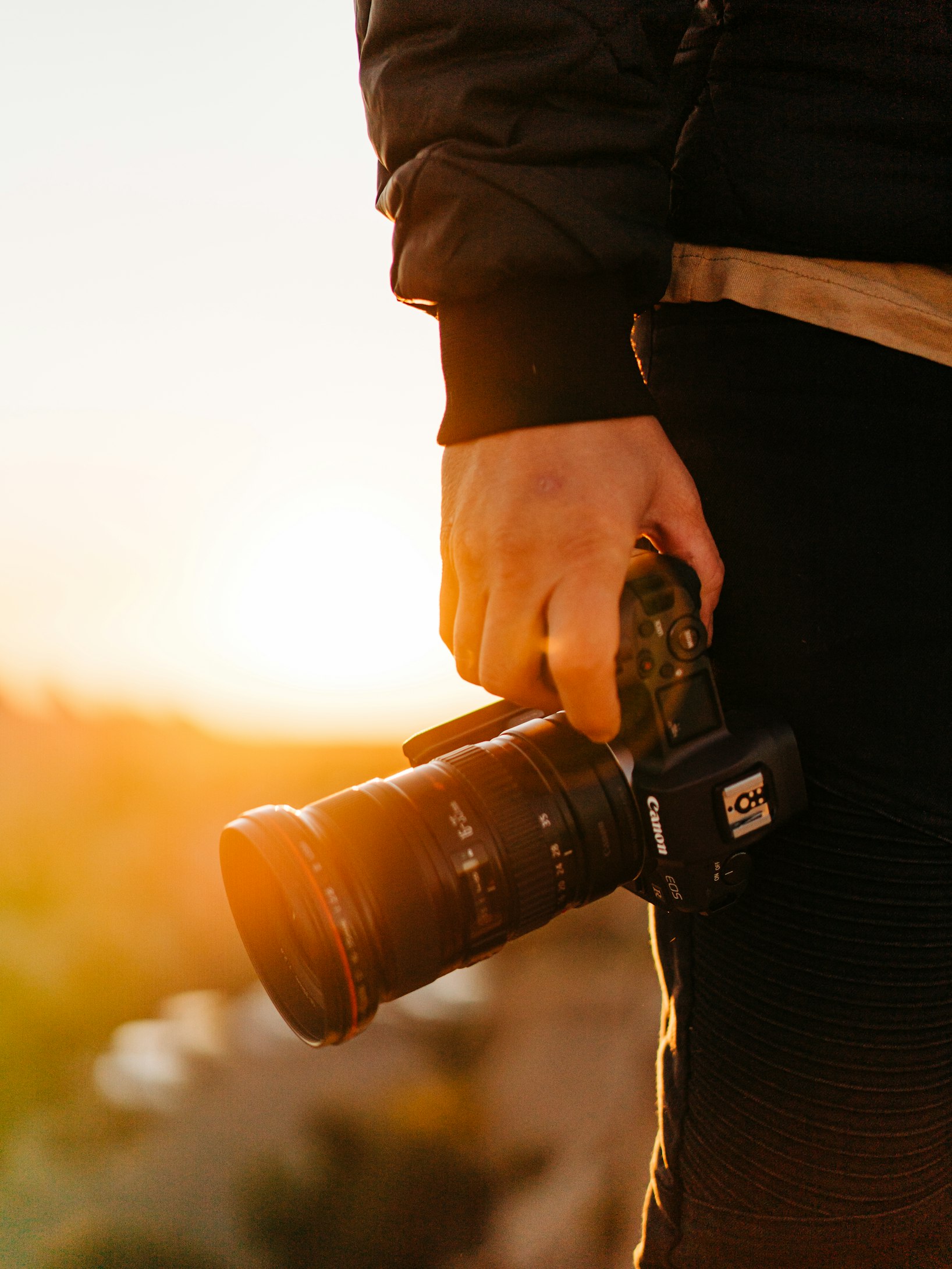
The tool of perspective
Perspective is another vital tool for photographers to tell their stories effectively. The choice of viewpoint and angle can drastically alter the way a scene is perceived. By experimenting with different perspectives, photographers can challenge the viewer’s perception, offer unique vantage points, and provide fresh insights into the subject matter. Whether shooting from a bird’s-eye view, at eye level, or from a low angle, each perspective adds depth and dimension to the visual narrative.
Storytelling ideas and examples
Photography is a powerful tool for storytelling. It allows us to capture moments and communicate emotions, memories, and ideas through images. Whether you are an amateur photographer or a professional, here are some creative ideas and examples to inspire you in your photography storytelling journey.
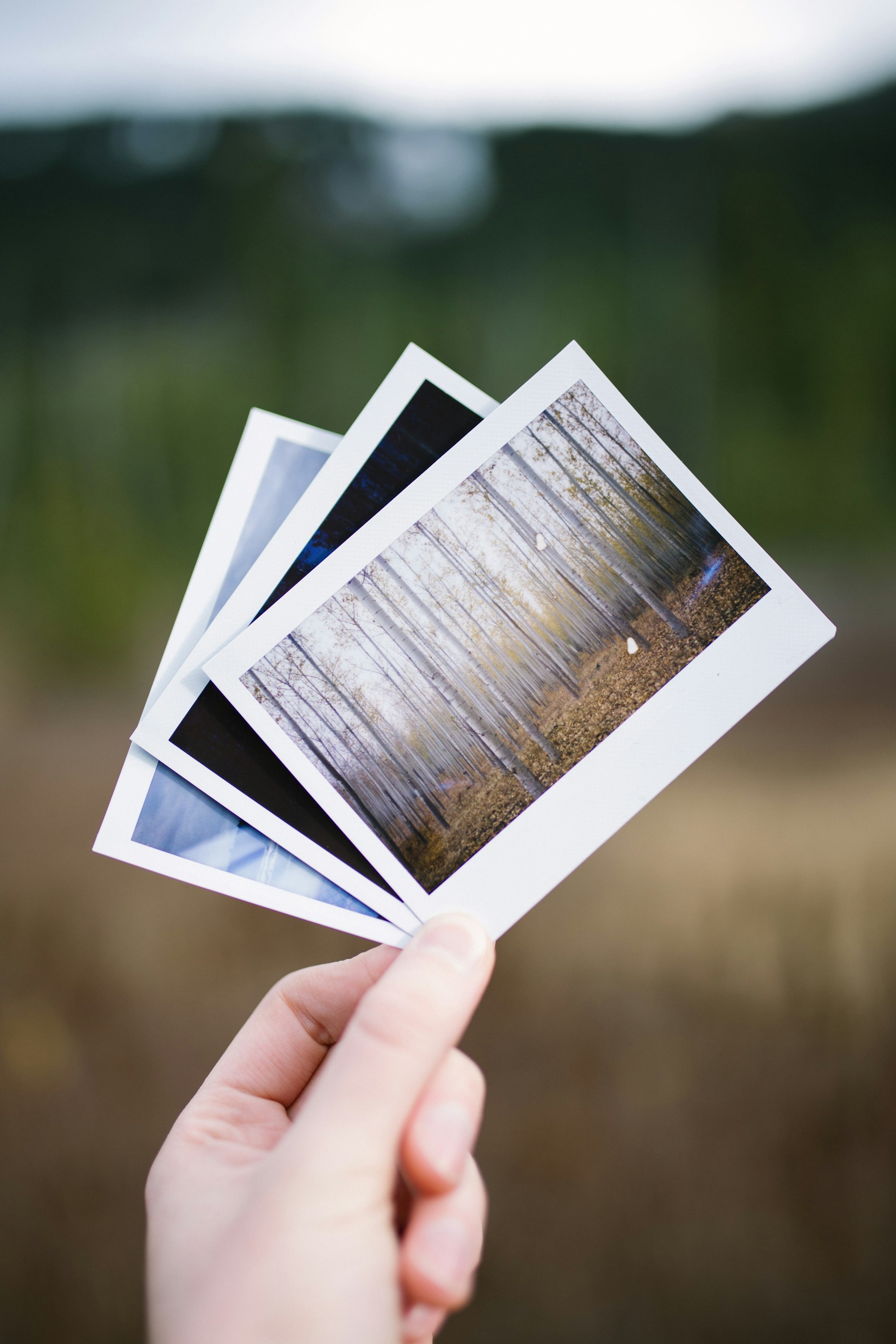
Personal Journey
Document your life journey through a series of self-portraits or candid shots that represent different phases or significant moments. Use visual elements such as lighting, composition, and colors to evoke emotions and tell your story.
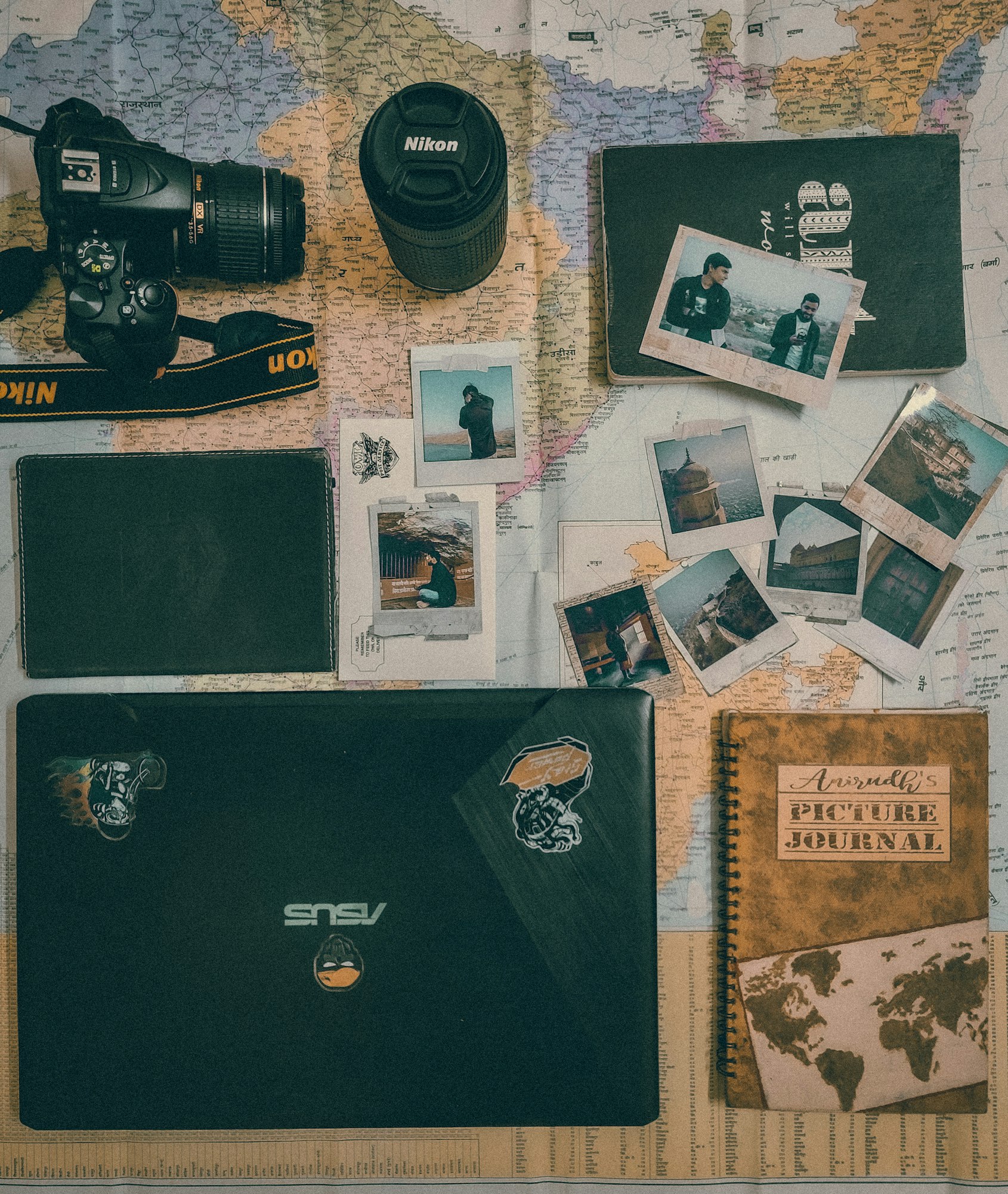
Nature’s Narratives
Capture the beauty of nature and its ever-changing landscapes. Show the delicate balance between humans and the environment or tell a story about the resilience of nature in the face of challenges. Highlight the impact of climate change or the importance of conservation through your images.
Street Life
Explore the vibrant energy of city streets and capture the stories of the people who inhabit them. Focus on urban culture, diversity, and the human experience. Look for interesting characters, interactions, and everyday scenes that reveal the essence of a city or a particular neighborhood.
Cultural Celebrations
Attend cultural festivals, ceremonies, or events and document the traditions, rituals, and celebrations through your lens. Show the beauty of diversity and the richness of different cultures. Capture candid moments that reflect the joy, emotion, and unique customs of a particular community.
Documentary Photography
Engage with social issues and tell important stories through documentary photography. Focus on topics such as social justice, human rights, poverty, or environmental concerns. Use your images to raise awareness, challenge stereotypes, or give a voice to marginalized communities.
Advertisement
Storytelling Through Still Life
Create compelling narratives using still-life photography. Choose objects that have symbolic meaning or compose scenes that tell a story. Experiment with lighting, props, and composition to evoke emotions or convey a message.
Family History
Dive into the past and tell the stories of your family through photographs. Explore old photo albums, interview relatives, and recreate significant moments or family traditions. Combine old and new photos to recreate memories or capture the essence of family connections across generations.
Photography is a personal and creative expression. It’s the window not only to the outside world but also to our inner self. so feel free to adapt these ideas and examples to suit your style and vision. Let your images speak volumes and transport viewers into the world of your unique stories through the lens of your camera!

This page contains AFFILIATE LINKS. If you choose to purchase after clicking a link, we may receive a commission at no extra cost to you. Plus, as an Amazon Associate, we earn from qualifying purchases. Read more on the disclosure policy page.
Advertisement





2 Comments
miss b
Your photos are truly stunning and you are really talented. It's true that the best photos seem to tell a story and make us think. This book sounds very interesting too.
Pingback: